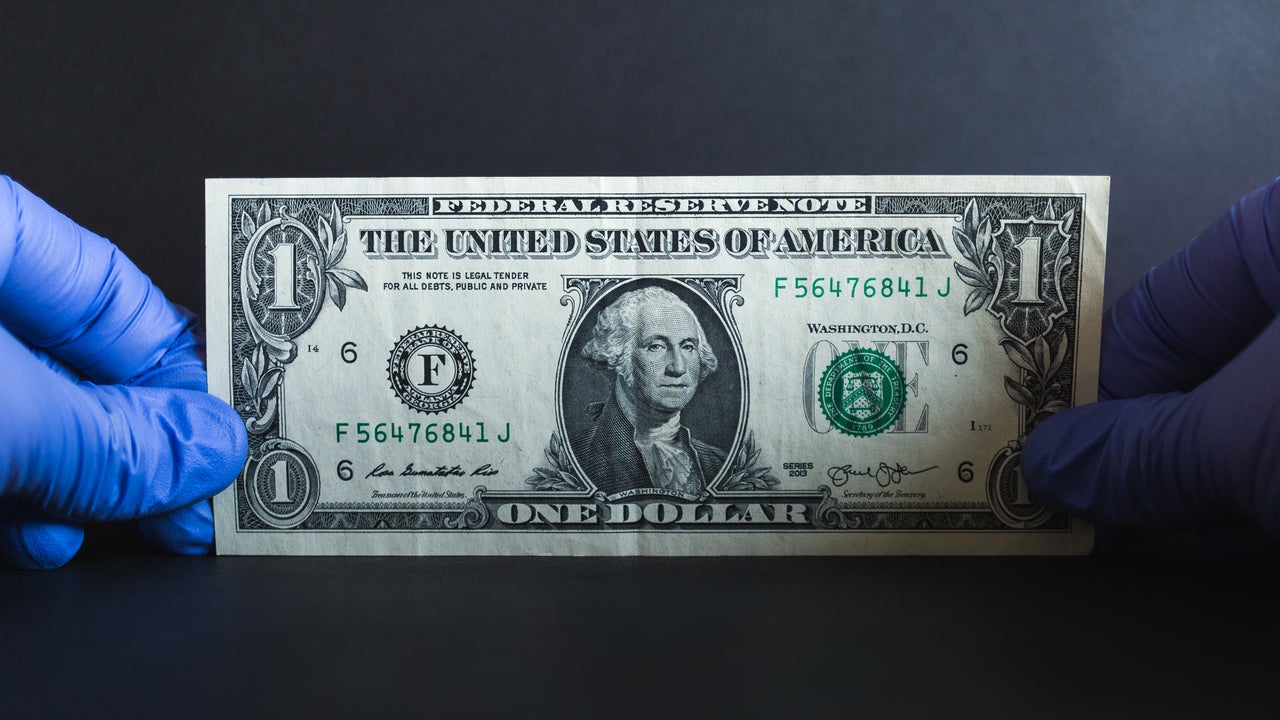While left-leaning economists argued against Biden’s $1.9tn Covid relief package, with warnings that it will squander away resources and risk inflation, markets were content with a kind of inflation that would rise and eventually fall.
Greg Ip
Greg Ip, a journalist and economics commentator for The Wall Street Journal, shared an article on markets disagreeing that Biden’s $1.9tn Covid relief bill is too much. Instead, investors have predicted a sort of inflation that they like – slightly higher in the next few years but moderating down after that.
President Joe Biden’s Covid stimulus package came with a lot of resistance and warnings from left-leaning economists, that it is so large that it risks runaway inflation and the crowding out of other, more productive, spending plans.
However, despite reasonable arguments around it, markets did not show any signs of concern either in the average expectation of inflation implied by the bond market or the likelihood of high inflation in the options market, both of which are back to where they stood in 2018.
Investors maintain that the initial rise and subsequent fall in prices will help stocks and commodities while limiting the pain to bondholders from rising yields.
Investors are predicting the sort of inflation they like, slightly higher in the next few years but moderating back down after that, and it’s helping stocks and commodities while limiting the pain to bondholders from rising yields, @jmackin2 writes. https://t.co/aynfhRDoYp
 GlobalData Strategic Intelligence
GlobalData Strategic IntelligenceUS Tariffs are shifting - will you react or anticipate?
Don’t let policy changes catch you off guard. Stay proactive with real-time data and expert analysis.
By GlobalData— Greg Ip (@greg_ip) February 9, 2021
Darrick Hamilton
Darrick Hamilton, an academic, retweeted an article on the role of race, labour markets, and education in building equitable recovery after the Covid-19 pandemic. Although education has been regarded as a major engine of economic mobility, new insights show that it may not act as a buffer against economic hardship during recessions equally across racial and ethnic groups.
President Biden’s victory speech highlighted the importance of racial justice, and a promise to address the job losses and hardship that has disproportionately impacted Black Americans during the coronavirus pandemic. He reiterated the need for prompt action, with one of the quickest ways being to cancel all federal student debt through executive action.
Consequently, Biden expressed support for a minimum of $10,000 per person in “immediate” student debt cancellation along with campaign promises of more substantial relief. Economists, however, believe that only a full cancellation would help borrowers struggling with educational debt. It would also address and end the discriminatory policies places on borrowers of colour, especially Black borrowers.
Average student debt for Black borrowers nearly tripled in 12 years since the 2008 recession, as many households struggled to receive more education to overcome the losses. Likewise, the pandemic-induced crisis is most likely to lead to the same outcomes of permanently lower employment and earnings prospects that the black and minority communities experienced during and after the 2008 recession.
Want to learn more about economic mobility, race and recession recovery from @DarrickHamilton? Join us for this event coming up on 2/17, also featuring our President & CEO @CRojasPhD and our Board Chair @MelodyCBarnes!
👉🏽 https://t.co/Wj4ASvcMDJ 👈🏽 https://t.co/n235stZTRG
— Marguerite Casey Foundation (@CaseyGrants) February 9, 2021
Edward Harrison
Edward Harrison, a banking and finance specialist at the economic consultancy Global Macro Advisors, shared an article on Goldman Sachs economists boosting their US GDP forecast for the second quarter up to 11% from 10% and added that the additional Covid relief is likely to be valued at $1.5tn, up from their previous $1.1tn estimate.
The economists also claimed that they had brought forward their forecast for the first rate hike by the Federal Reserve from the second half of 2024 to the first half because of the upgrade to the growth forecast, the decline in the unemployment rate in January, and signs of a steadier inflation outlook.
https://twitter.com/edwardnh/status/1358877367050133507




